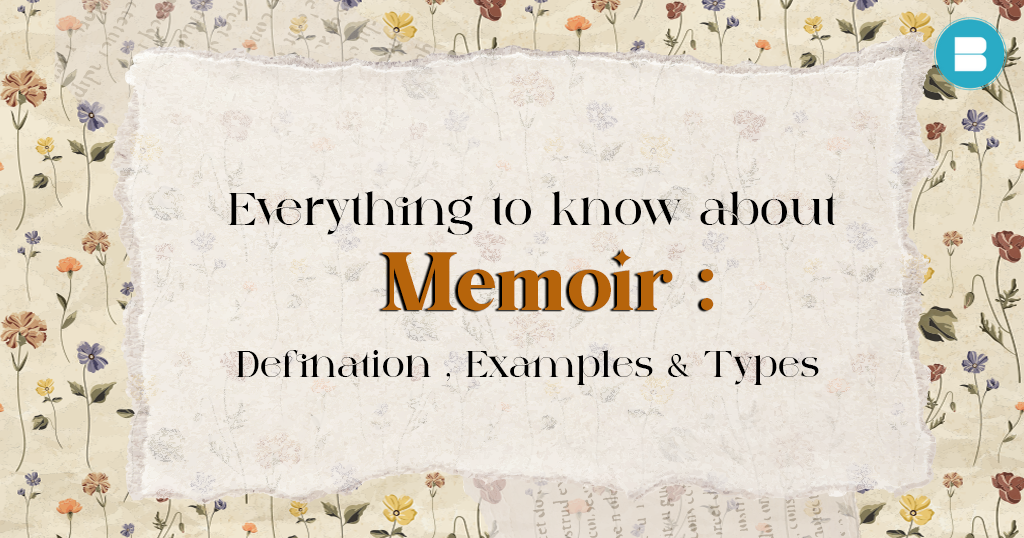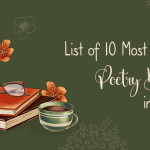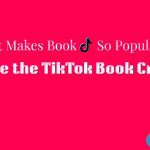Memoirs have an enchanting power to capture life’s most captivating moments, allowing readers to delve into the personal experiences and reflections of the author. In this comprehensive guide, we will explore the essence of memoirs, discern the distinctions between memoirs and biographies, uncover their purpose, and highlight their defining characteristics.
Read: Here’s a Complete Guide on How to Write and Publish a Biography.
You may also like: 100+ Adjectives Begin with I (With Definitions & Examples)
Whether you’re considering writing your memoir or simply seeking a deeper understanding of this genre, let’s embark on a journey to unravel the intricacies of memoirs.
What is the definition of a memoir?
At its core, a memoir is a form of autobiographical writing that delves into the memories, emotions, and experiences of the author. Unlike an autobiography that spans an entire lifetime, a memoir typically focuses on a specific period or theme. Through introspection and vivid storytelling, memoirists provide readers with a window into their lives, offering unique insights into their personal growth, challenges, triumphs, and transformation.
What is a memoir vs. a biography?
While both memoirs and biographies delve into the lives of individuals, they differ in their scope and approach.
Biography: A Panoramic Exploration of Lives
A biography is similar to a panoramic perspective, including a person’s complete life path. This detailed biography is methodically constructed with substantial research, which is generally carried out by a third-party biographer. The biographer attempts to capture the subject’s life from birth to the present using a variety of historical documents, interviews, and archival archives. Readers are taken on a chronological journey through the subject’s milestones, struggles, successes, and crucial occasions.
A biography is distinguished by its authoritative and objective viewpoint. A biographer aims for objectivity and distance in order to give an unbiased portrait of the subject’s life. While objectivity provides for a more comprehensive understanding, it may lack the profound emotional resonance that comes from personal connection and genuine experience.
Memoir: A Symphony of Personal Emotions
A memoir, on the other hand, is a literary symphony vibrating with the author’s own voice. Instead of being an objective spectator, the author takes centre stage as the narrator of their own tale. This first-person narrative allows authors to incorporate personal feelings, reflections, and intimate ideas into their work, resulting in an engaging interaction with readers. Memoirs frequently concentrate on certain times, topics, or events in the author’s life, providing an in-depth examination of these areas.
One of the distinguishing features of memoirs is their emotional depth. Authors reveal their deepest thoughts, insecurities, and experiences, building a strong bond with readers who go along with them. This level of emotional honesty has the capacity to elicit empathy, inspiration, and a sense of shared humanity. Readers frequently find solace.
What is the purpose of a memoir?
Memoirs are more than just stories; they serve a deeper purpose that delves deep into the heart of human connection. They become conduits for shared experiences, providing consolation to readers who see echoes of their own trials and triumphs in the author’s memoirs. Memoirs are written to inspire, educate, entertain, preserve cultural history, and encourage empathy, creating a tapestry of emotional connection and enlightenment.
Read: List of 10 Tips for Embarking on Your Creative Writing Journey.
These personal narratives provide comfort by highlighting the similarity of challenges and victories. Authors urge readers to recognise similar feelings by exposing their weaknesses, providing solace in the knowledge that they are not alone on their path. Memoirs inspire readers with their stories of perseverance. Authors reveal their overcoming adversity experiences, serving as beacons of hope for those dealing with their own hardships. The stories become a source of empowerment, demonstrating the transforming potential that exists inside each of us.
Characteristics of Memoirs:
- Subjective Perspective: Memoirs are inherently personal, narrated from the author’s subjective viewpoint. This authenticity allows readers to connect intimately with the emotions and thoughts of the author.
- Focus on a Theme or Period: Unlike autobiographies, memoirs zoom in on a specific theme, event, or period in the author’s life. This focused approach allows for a deeper exploration of the chosen subject matter.
- Emotional Resonance: Memoirs thrive on emotional authenticity. Authors recount their feelings, struggles, and joys with honesty, inviting readers to share in their emotional journey.
- Reflective Nature: Memoirs often incorporate introspection and reflection. Authors ponder the significance of their experiences, inviting readers to contemplate their own lives in the process.
- Narrative Arc: Just like fiction, memoirs follow a narrative arc with a beginning, middle, and end. This structure adds coherence and engagement to the storytelling.
- Universal Themes: While memoirs are deeply personal, they often touch on universal themes such as love, loss, identity, and resilience. This universality contributes to their widespread appeal.
You may also read: What is Historical Fiction? Definition, Characteristics and Impact
Types of Memoirs
- Coming-of-Age Memoir: Coming-of-Age memoirs explore the author’s transforming journey from youth to adulthood. These memoirs, centred on the challenges and lessons of adolescence, illustrate the hardships, self-discovery, and progress experienced throughout this critical stage of life. Readers follow the author as they traverse the difficulties of identity, relationships, and life transitions, reflecting the universal spirit of growing up.
- Travel memoirs: These memoirs transport readers on fascinating excursions that combine personal experiences with cultural immersion. The writers relate their transforming encounters while travelling across several countries, describing how unexpected scenery, people, and cultures influenced their viewpoints. These memoirs weave a tapestry of self-discovery connected with the larger world through evocative descriptions and introspective thinking.
- Healing Memoir: A healing memoir follows the author on his or her journey through hardship, demonstrating the way from suffering to wholeness. These anecdotes go into great depth on the emotional, physical, or psychological problems that were encountered, as well as the methods taken to achieve healing and renewal. Readers see resilience in action as writers brave the darkness and emerge into the light, providing inspiration and insight to those who are navigating their own tough journeys.
- Occupational Memoir: Occupational memoirs reveal the distinctive aspects of the writers’ professional life by providing insights into their occupations or hobbies. These stories provide light on the difficulties, victories, and personal growth that come with their chosen paths. Readers receive a behind-the-scenes insight of numerous occupations, finding the complexities and perseverance necessary for success, from the dedication and hardships to the moments of victory.
- Family Memoir: Family memoirs delve into the intricate tapestry of familial relationships and dynamics. Authors navigate the complexities of kinship, heritage, and shared experiences, revealing the joys and challenges of family life. These narratives often resonate with readers as they explore universal themes of love, loss, identity, and belonging. Through family memoirs, readers witness the intricate threads that weave the fabric of our lives.
Read: Know What is Amazon A+ Listing: Definition, Overview & Examples.
You may also like: Where the Red Fern Grows Book Summary & Themes
All in all, memoirs are windows into the human soul, inviting readers to share in the author’s joys, sorrows, and growth. They transcend mere narratives, capturing the essence of what it means to be human. Whether you’re exploring memoirs for personal enrichment or considering penning your own, remember that every life is a story worth sharing, and every story has the power to inspire and connect.
















